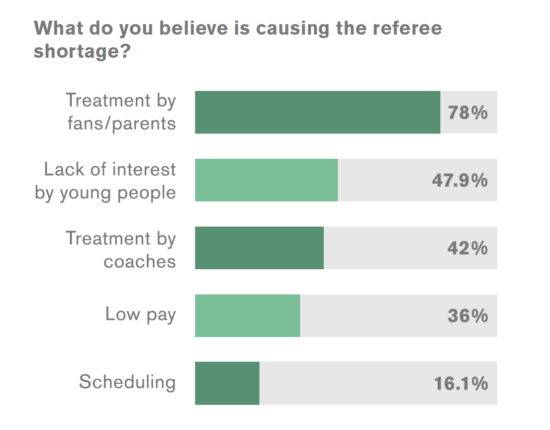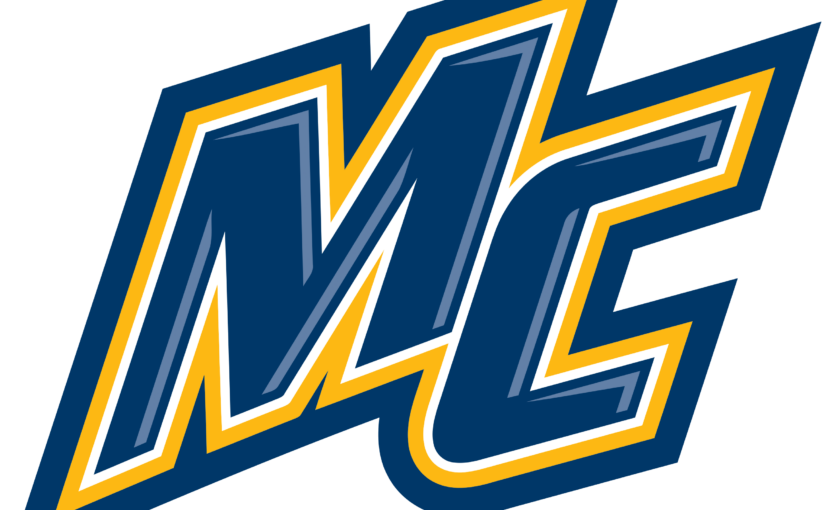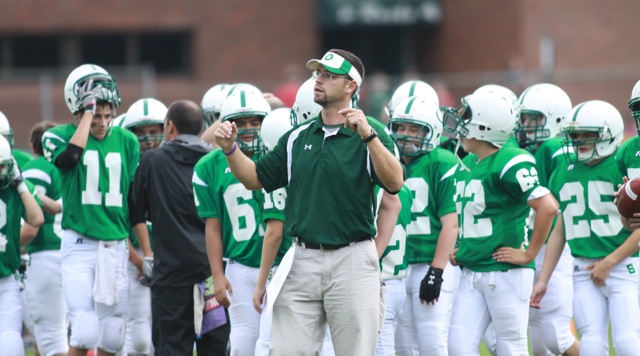2019 Coaches Report: Fan behavior blamed for referee shortage
Referee shortages, combative parents and athlete safety are just a few of the hot topics highlighted in our second annual Coaches Report.
Last year, Coach & Athletic Director began surveying high school coaches to gather feedback on some of the major issues in the profession. The results help us better understand the challenges faced by coaches, and they guide us in providing relevant content to confront those issues head on.
The 2019 Coaches Report examined the prevalence of athletic trainers in high school sports and legislative efforts in some states to allow home-schooled athletes to play public school sports. We also asked coaches about the nationwide referee shortage and what they believe is causing the decline.As part of our annual study, we also asked coaches to rank what they believe are the most significant challenges facing them today. For the second straight year, sport specialization topped the list with nearly 90% of coaches indicating they were at least somewhat troubled by the trend.
Here’s what coaches had to say about their referee shortages.
Fan behavior blamed for referee shortage
At least a dozen states have suggested their referee shortages are reaching “crisis” levels. As the pool of qualified officials shrinks, referees are being asked to work more games, increasing burnout rates.
So what’s the problem, and what can we do about it?
The perception among coaches is that unruly fans and parents are at the root of the problem, and officials largely agree. Last year, Texas commissioned a survey of high school football referees and discovered that 80% of those who quit the job the year prior did so because of verbal abuse. In January, the NFHS partnered with state associations to write an op-ed titled, “Dear Mom and Dad: Cool It!” The editorial was picked up by media outlets nationwide, drawing attention to how sports parents behave toward referees and coaches.

While most agree that referees face their share of harassment, some coaches in our survey suggested that officials just need to develop thicker skin.
“As a society, we’re losing the ability to be criticized,” one coach said. “I think players, coaches and referees do not think they should be told they are doing something wrong.”
Some blamed young, inexperienced referees who haven’t learned to block out the noise and focus on the game.
“Too many young people want to be officials but don’t want to work their way up,” a coach said. “They want to start out at the varsity level, but they aren’t ready to handle it — the speed of the game, the coaches, the fans. … They spend too much time with their attention focused on a coach or fan and not the game.”
Our survey also asked coaches how they felt about the quality of referees in their respective sports. Only 15% considered their referees “below average,” and in many cases age was given as a reason. They believed many low-quality referees were either too old to keep pace with the game, or too young to understand the rules or handle the job.
“There’s a wide range of abilities out there,” a coach said. “The challenges are many of the competent officials are too old to keep up with high school and middle school athletes. In addition, officials are not working to improve their skills.”
Other key takeaways from this year’s survey include:
- Overwhelming opposition to esports
- Let home-schoolers play
- Problems with parents persist
- A greater commitment to athletic trainers





